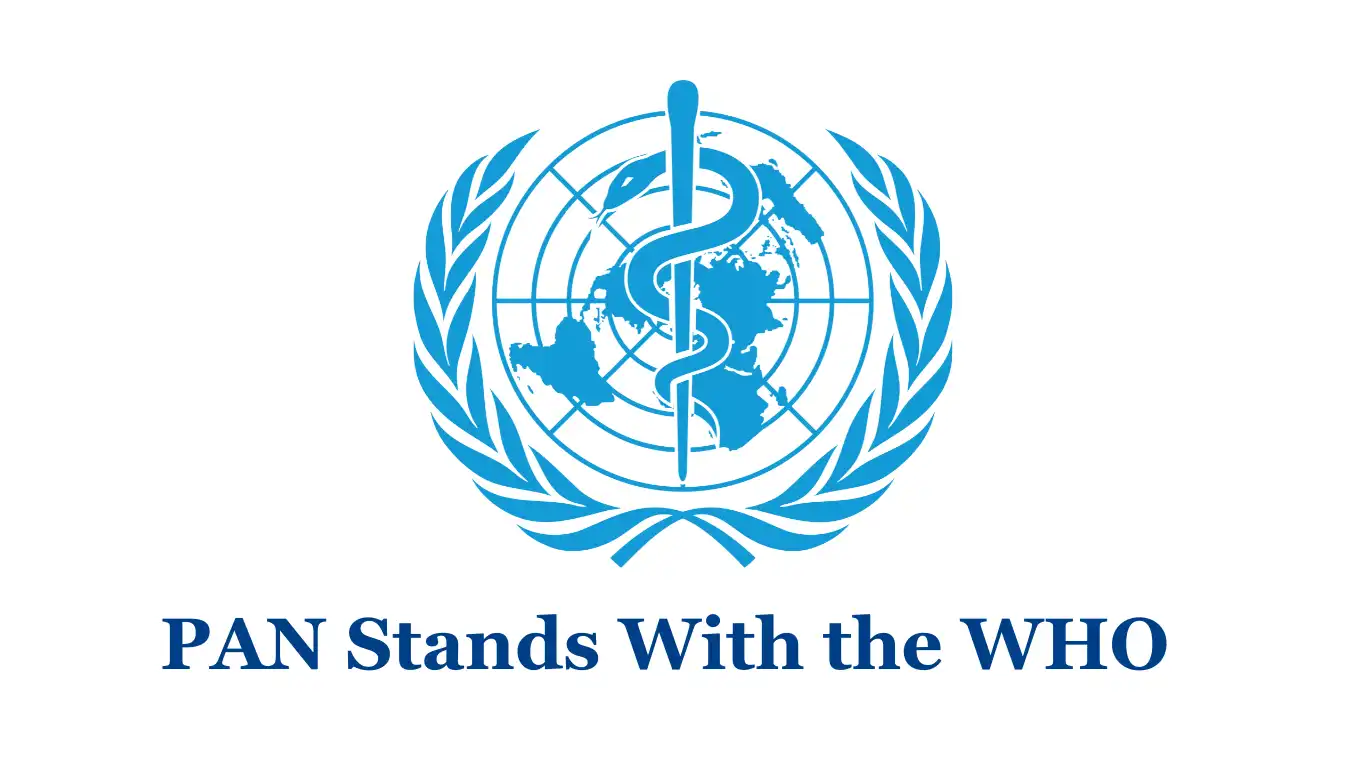Frontline health workers are crucial for pandemic preparedness and response but for too long health workers have largely been taken for granted. The assumption seems to be that they are already ready and able to jump into action, keep health services going, and scale up one or another specific health intervention.
Yet, of all the factors delaying access to COVID-19 testing, treatment, and care, health workforce challenges are the most cited bottleneck, according to a WHO survey of 129 countries. Vaccine delivery has also been delayed by workforce inadequacies.
WHO states that these challenges arise due to “a combination of pre-existing shortages [of health workers] coupled with unavailability due to COVID-19 infections and deaths, mental health issues and burnout and departures from service due to a lack of decent working conditions.”
The factor of gender cannot be ignored. The health workforce is largely female, and it is not a coincidence that remuneration for their labor is often inadequate or inconsistently provided. Only 14% of community health workers in Africa are salaried, with many considered “volunteers,” part of the broader injustice of women’s care labor not being compensated.COVID-19 has shown this is not just theoretical. Now, and in future pandemics, we need a motivated and supported health workforce to ensure acceptance and delivery of vaccines, disease surveillance, and risk communication.
Join the Frontline Health Workers Coalition and partners for World Health Worker Week on April 4-8 to push donors and governments to do more to protect and support a resilient health workforce.
Here a few ways you can get involved in World Health Worker Week:
- Share the Frontline Health Worker Coalition’s Top Policy Recommendations to Build the Health Workforce Back Better and our Recommendations to the U.S. Congress.
- Participate in the #WHWWeek conversation on social media. Use our social media guide with key messages. Include the #WHWWeek and #ActForHealthWorkers hashtags and tag relevant policymakers.
- Add your voice and ideas to the “Build the Health Workforce Back Better!” campaign. Film a short video of yourself saying “Build the Health Workforce Back Better means ____.” Read this guidance for more info and then upload your video here.
- Join these key virtual events:
- Health Workers Matter for Global Health Security: Here’s Why
Tuesday, April 5, at 9 am EDT | 4 pm EAT
Speakers include Richard Greene, lead for the global health security agenda at USAID; Ahmed Ogwell Ouma, deputy director at Africa CDC; Margaret Odera, a community health worker in Kenya; Polly Dunford, President and CEO of IntraHealth International, and more. Register here. - After the Final Wave: Nurturing the Health Workforce We Need
Wednesday, April 6, at 12 pm EDT | 7 pm EAT
Speakers include Nancy Messonnier of the Skoll Foundation; John Nkengasong of Africa CDC; Ibe Isael Martir, a community liaison in El Salvador; Nathalie Douge, an internal medicine specialist; and J. Corey Feist of the Dr. Lorna Breen Heroes Foundation. Register for the Skoll World Forum to attend.
- Health Workers Matter for Global Health Security: Here’s Why
Photo courtesy of IntraHealth International.




